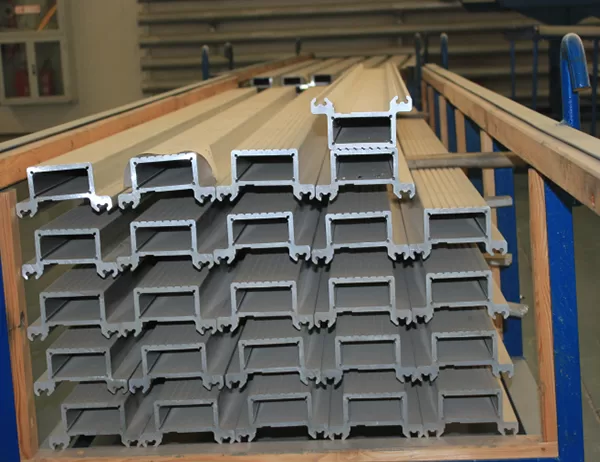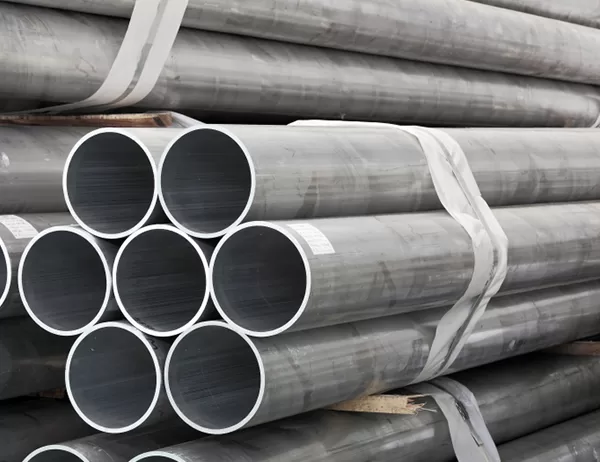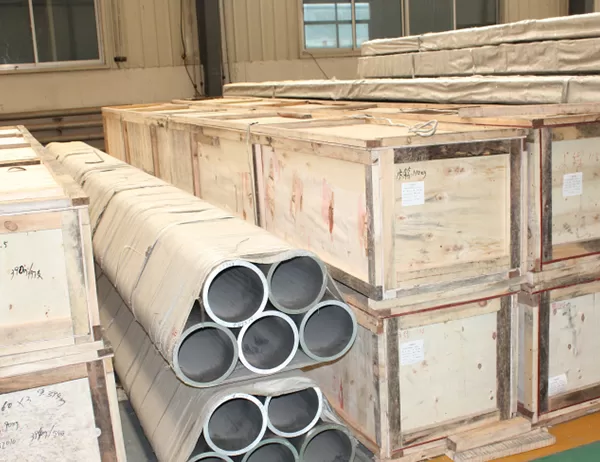In the realm of renewable energy, the choice of materials for solar installations plays a pivotal role in ensuring their longevity, efficiency, and reliability. Aluminum frames, renowned for their exceptional strength and durability, have emerged as the preferred choice for mounting solar panels.
The strength of aluminum stems from its lightweight molecular structure, which provides a high strength-to-weight ratio. This property allows aluminum frames to withstand significant mechanical loads, including wind, snow, and seismic forces, without compromising their structural integrity. The inherent rigidity of aluminum ensures minimal deflection, maintaining the alignment of solar panels for optimal energy capture.
Moreover, aluminum’s durability is a testament to its remarkable resistance to corrosion. Unlike steel or iron, which are susceptible to rusting, aluminum forms a protective oxide layer that shields it from environmental elements. This passive protective mechanism ensures the long-term performance of aluminum frames, even in harsh climates, reducing maintenance costs and extending the lifespan of the installation.
In addition to their inherent strength and durability, aluminum frames offer several other advantages for solar installations:
– Lightweight: Aluminum’s low density makes it easy to handle and transport, reducing labor costs during installation.
– Flexibility: Aluminum is a malleable material, allowing for customization of frame designs to suit specific requirements.
– Versatility: Aluminum frames can be used in various mounting applications, including ground-mounted, rooftop-mounted, and pole-mounted systems.
– Aesthetic appeal: Aluminum’s sleek and modern aesthetic complements the futuristic appearance of solar panels, enhancing the visual appeal of solar installations.
Due to these exceptional qualities, aluminum frames have become the industry standard for solar installations worldwide. By providing unmatched strength, durability, and versatility, they ensure the long-term performance and reliability of solar energy systems, contributing to a cleaner and more sustainable future.




